Petilla Eyeing Long-Term Energy Plan
Newly-appointed Energy Secretary Carlos Jericho L. Petilla said yesterday that he would prioritize ensuring the
country’s long-term power supply and just prefers picking up from where his predecessor left off.
“I will take off from where Rene (Almendras) was going, it was essentially to stabilize the supply of power…Not
only to stabilize but to find a way to make the rates affordable,” he said; albeit stressing that the second
agenda is something that will only be achievable in the long-term.
Although professing his bias for geothermal having come from a province which is a facility host of such
technology, Petilla appears more inclined on having a solution for the country’s energy needs that might still
be fossil-fuel based, primarily coal for power generation.
He sounded off worries about electricity rates going up if he would be largely embracing renewable energy in
plugging the country’s power supply gap.
Petilla said two of the current undersecretaries of the Department of Energy (DoE) were asked to resign as
their appointed posts have been co-terminus with outgoing Energy Secretary Rene D. Almendras.
The resignations of Undersecretaries Josefina Patricia M. Asirit and Jay M. Layug were announced to the media
by Petilla, noting that the two officials may only have the next 30 days before finally leaving their
respective offices, unless they will eventually be reinstated.
“Their positions are co-terminus. So when the old Secretary leaves, they need to be re-appointed if they need
to resign … they can stay at least in the next 30 days because I need some vital information from them,” he
stressed. It was gathered that one of the undersecretaries will finally leave, but one may still be reinstated.
Petilla added “I know that Usec Layug will tender his resignation based on our conversation earlier. Usec
Asirit indicated that she will also give her resignation but I haven’t received it.”
As he is new in the department, Petilla also told media that he will be bringing in a transition team that will
help him navigate the complicated terrain of the energy sector.
“I will be bringing in a transition team. The transition team may or may not stay on a long-term basis, it all
depends,’ he said, pointing out that this will comprise of one person with legal expertise and the rest being
“work process-oriented people.”
He emphasized though that “it doesn’t mean that you will re-arrange the entire organization just because you’re
going to adjust. I just want to bring in an interim team. But after that, assess whether these interim people
are needed.”
It could be a disappointing twist though for some which may have been expecting a shift in the country’s energy
policy agendas. Still, Petilla noted that he prefers a technology option that is already tested and something
that can address the baseload dilemmas in power supply.
As to the privatization of assets and management of the energy-sector’s one trillion worth of liabilities, he
said that these are matters he will have to review and tackle with much caution.
“It’s a one trillion question. I think on my first day as Energy Secretary, I would not be able to answer a
one trillion question. I have to sit down and get some accurate details on the one trillion debt. I was warned
though that it is not the level that PSALM (Power Sector Assets and Liabilities Management Corporation) has,”
he said.
To be clear, the one trillion liabilities is for the entire energy sector, including those of the National
Power Corporation and National Transmission Company, but the bulk of roughly P800 billion is attributable to
PSALM.
At his ‘baptism of fire’ press conference, the energy chief can just promise that his focus will not only be
the immediate solutions for the sector, but “what would be the long-term prospects for energy that can be taken
up by the next administration and the next and the next.”
He stressed that “if we have to bring down power rates, we have to look at energy as a long-term problem with a
long-term solution.” (
https://www.mb.com.ph/articles/380256/petilla-eyeing-longterm-energy-plan

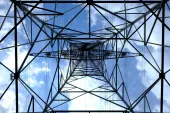


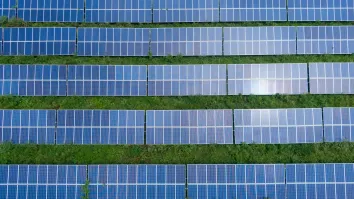
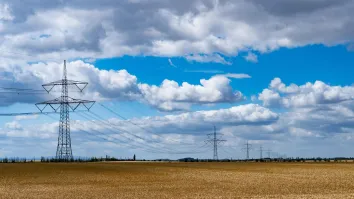

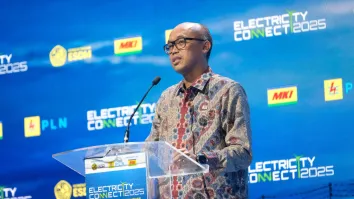
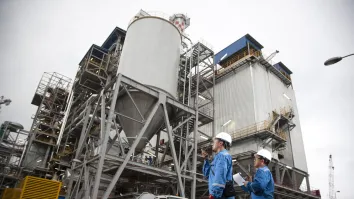
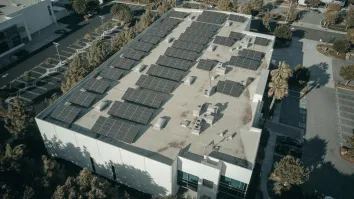
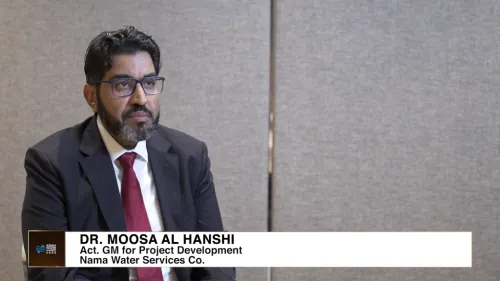

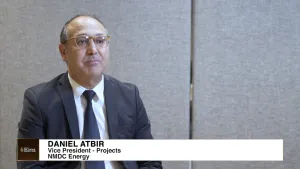
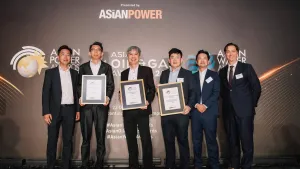



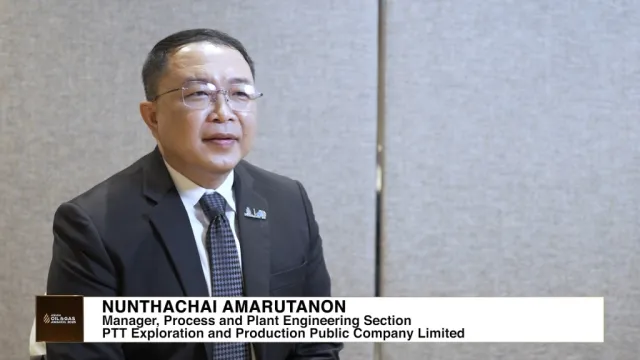

 Advertise
Advertise






